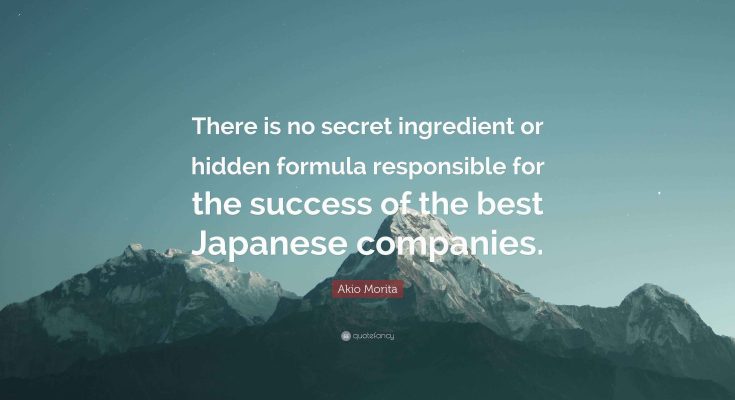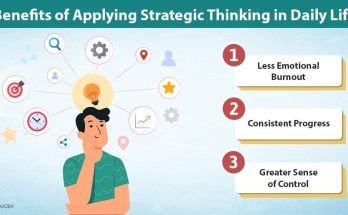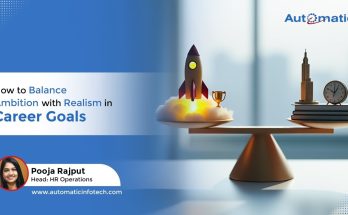Unstoppable productivity isn’t about working longer hours or cramming more tasks into your day. It’s not about mastering every app, system, or hack that promises efficiency. The real secret ingredient is something far more foundational—intentionality. When you approach your work with clear purpose and deliberate focus, productivity becomes less about speed and more about impact. It’s the difference between being busy and being effective. Intentionality transforms how you prioritize, how you manage your energy, and how you measure success.
At its core, intentionality means knowing why you’re doing what you’re doing. It’s easy to get swept up in the momentum of meetings, emails, and deadlines without pausing to ask whether those activities are actually moving you forward. When you’re intentional, you start each day with clarity. You identify the outcomes that matter most and align your actions accordingly. A marketing director, for example, might have a dozen tasks on their plate, but if they’re intentional, they’ll focus on the ones that drive engagement and revenue rather than getting lost in administrative noise. That shift in mindset doesn’t just improve results—it reduces burnout.
Intentionality also helps you navigate distractions. In a world of constant notifications and competing demands, attention is a scarce resource. Productivity suffers not because people lack discipline, but because they lack clarity. When you’re unsure of your priorities, everything feels urgent. But when you’re grounded in intention, you can filter out the noise. You can say no to meetings that don’t serve your goals, delegate tasks that aren’t in your zone of genius, and carve out time for deep work. A software engineer who blocks off two hours each morning for uninterrupted coding isn’t just managing time—they’re protecting their focus. That kind of discipline stems from knowing what matters and committing to it.
Energy management is another area where intentionality makes a profound difference. Productivity isn’t just about what you do—it’s about how you feel while doing it. When you’re tired, stressed, or scattered, even simple tasks become difficult. Intentionality encourages you to design your day around your natural rhythms. If you’re most alert in the morning, that’s when you tackle complex problems. If you hit a slump in the afternoon, you schedule lighter tasks or take a break. This isn’t indulgence—it’s strategy. A business owner who starts their day with a walk and a quiet planning session may seem less “productive” than someone who dives straight into emails, but they’re setting themselves up for sustained performance. They’re choosing quality over quantity.
Intentionality also fosters better collaboration. When teams operate with shared purpose, communication becomes clearer and decisions become faster. Meetings have agendas, roles are defined, and feedback is constructive. A product team that begins each sprint with a discussion of goals and success metrics isn’t just checking a box—they’re aligning their efforts. That alignment reduces friction and increases momentum. It creates a culture where productivity is measured not by how much gets done, but by how well it’s done. And that culture starts with leaders who model intentionality in their own behavior.
Even creativity benefits from this approach. While it might seem counterintuitive, structure can actually enhance innovation. When you’re intentional about creating space for exploration, you give ideas room to breathe. A designer who sets aside time each week for inspiration—whether it’s reading, sketching, or visiting galleries—isn’t wasting time. They’re investing in the raw material that fuels their work. Intentionality doesn’t stifle creativity—it channels it. It ensures that your best ideas aren’t buried under a pile of reactive tasks.
The beauty of intentionality is that it’s accessible. You don’t need a new tool or a radical overhaul to practice it. You simply need to pause, reflect, and choose. You ask yourself what matters most today, this week, this quarter. You align your calendar, your conversations, and your commitments with those priorities. Over time, this practice becomes second nature. You stop chasing productivity as a metric and start living it as a mindset. You become more present, more purposeful, and more powerful in your work.
Ultimately, unstoppable productivity isn’t about doing more—it’s about doing what matters, with clarity and conviction. It’s about showing up with intention, day after day, and trusting that small, deliberate actions compound into meaningful results. The secret ingredient isn’t hidden in a system or a strategy—it’s in your ability to choose wisely and act deliberately. And once you embrace that, productivity stops being a struggle and starts becoming a strength.




